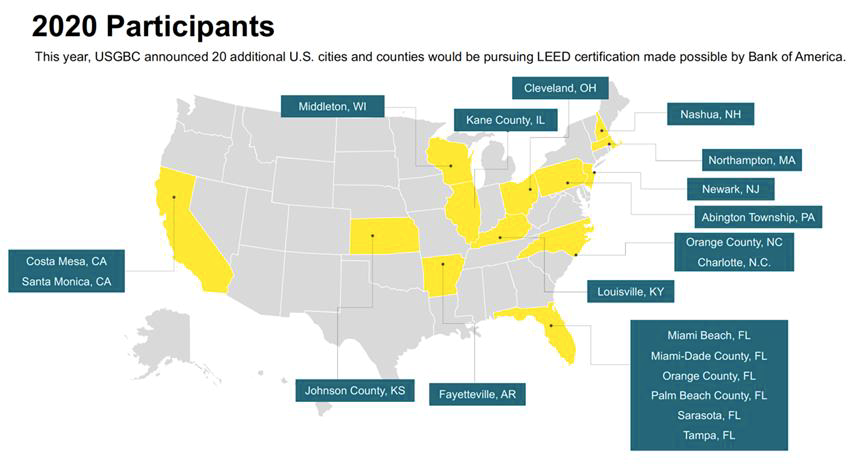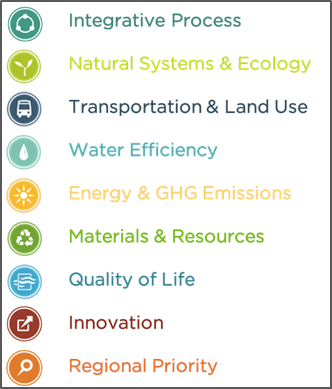Salem Afeworki (ELP 2016) | Energy and Sustainability Services Manager, City of Costa Mesa, Chile (in USA)
Climate change is negatively affecting City of Costa Mesa residents and exacerbating disasters such as wildfire; drought and extreme heat are likely to increase in intensity and frequency as the planet warms. The active wildfires in California are visible evidence of climate change. Hazy orange skies and suffocating smoke show us that this is no longer a slow-moving disaster. In addition, the COVID-19 pandemic has claimed many lives, completely shifted City priorities, and has led to economic and social crises. Low-income communities, among the hardest hit by the pandemic, are most at risk due to underlying demographic, socioeconomic, and health factors.
Despite the lack of support from the U.S. federal government, the State of California has set ambitious GHG reduction and sustainability goals, including the plan to phase out the sale of gas-powered vehicles by 2035, which was announced this week at California Climate Action Day. Costa Mesa, located in Southern California, is a small city with limited resources but is committed to advancing sustainability in both the human and the natural environment. Conflicting priorities and insufficient resources to implement well-defined solutions to address climate change are common barriers across government agencies and cities. There is an urgent need to integrate climate action planning with disaster risk reduction, while addressing economic inequalities that existed before the pandemic.
With increasing climate-related events throughout California, it is paramount that the City finds a way to address its vulnerability to climate change while equitably transitioning to a low carbon economy. One way the City is working on addressing the challenges, despite budgetary restrictions, is creating partnerships with diverse stakeholders (private, public, academia and civil society) on initiatives that promote equity, foster community resilience, and protect individuals from the environmental and economic impacts of climate change.
Bridging the resilience gap will require substantial public and private investment and the incorporation of climate risks into planning, program design, and priorities to ensure efficient use of the limited funds available. Some of the collaborative projects the City is a part of include LEED for Cities, STIRS Labs and Thriving Earth Exchange. More than ever, collaboration with the business community, local non-profits, academia, utilities, and other public agencies is needed to develop programs that are cost-effective, inclusive, addresses justice and equity at the core, and leaves no one behind.
Effective and long-term climate action and resiliency in the City can only be achieved through an integrated and potentially balanced approach to mainstream climate considerations into broader economic, social, health, and development planning goals. Cities have a big opportunity to work with diverse partners to meet local climate goals while contributing to the U.N. Sustainable Development Goals, the Paris Agreement, the New Urban Agenda and the Sendai Framework for Disaster Risk Reduction.


